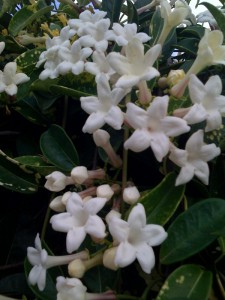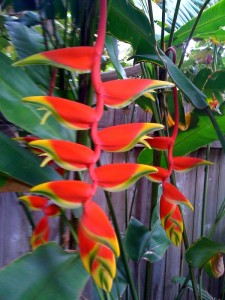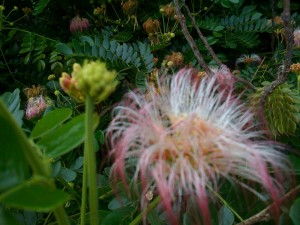My work is about applying public health approaches to prevent violence, solve problems, and improve the quality of life no matter what the situation.
Individuals and organizations can learn to be more at peace and happier regardless of life situations. Humans thrive best when using cooperative and peaceful interventions. People suffer from violence and resentment. Not getting what we want, and getting what we don’t want, are inevitable. We learn how to respond to situations. It is never too late to learn new responses, and public health approaches are more effective than many current strategies for learning.
Our laws and legal systems were created to address injustice, yet often these systems designed to help, have led to more problems and suffering.
Restorative justice applies many public health principals for dealing with injustice. Restorative justice, which includes ancient ideas of conflict resolution and modern concepts of democratic decision making, has become a respected response to address the failings of the current system.
Restorative justice is best known for its application in criminal cases, but as Australian National University, law professor John Braithwaite discusses in his book Restorative Justice and Responsive Regulation, “there is potential for it to transform the place of regulation and law in sustaining the economy, managing relationships between nations, reinventing education and building a richer democracy.” (page 266).
My public health work uses restorative justice, solution-focused brief therapy, cooperative education and other interventions for addressing a variety of problems including the trauma many people experience when they have been the victims or offenders of crime, divorce, foster and child custody, and imprisonment.
Public health approaches show that conflict can be a good path to growth and creativity. Hardships can lead to strength and resilience. Rachel Remen, M.D. says it beautifully: “In the depth of every wound we have survived is the strength we need to live. The wisdom our wounds can offer us is a place of refuge. Finding this is not for the faint of heart. But then, neither is life.” My Grandfather’s Blessings, page 138. This blog is about my experiences using public health approaches for healing and transforming conflict into resiliency.



